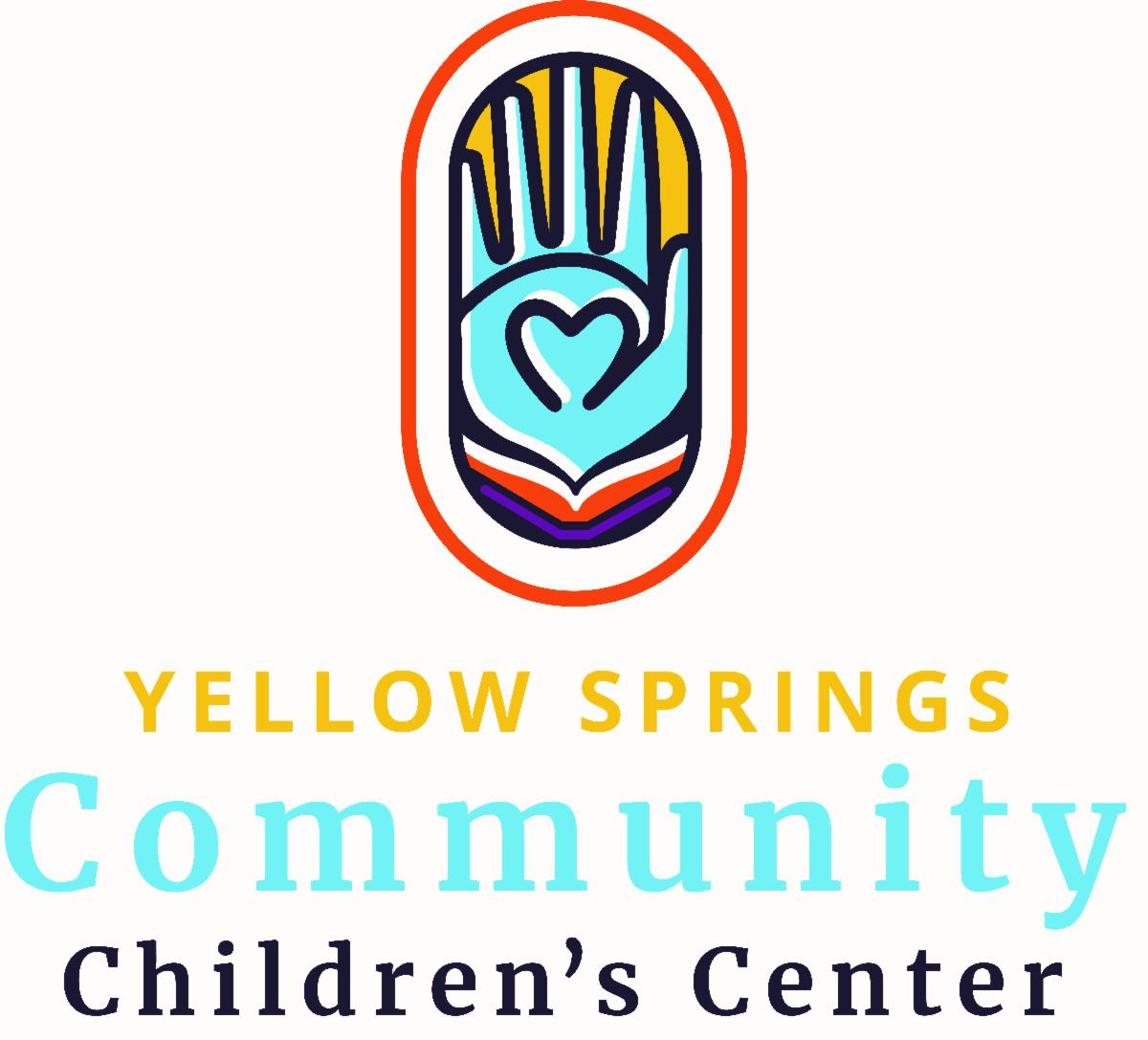The curriculum and teaching practices of the Community Children’s Center are based upon current theory and research concerning how children learn cognitively, socially, emotionally and physically. We provide children with an environment that is responsive to their developmental levels and abilities, is based on their interests, and supports their individual growth.
Curriculum Philosophy
Young children learn through play. Children’s abilities to memorize rote academic tasks do not reflect real understanding. Rather, they fully understand and remember information that they construct from their experiences with people and the world around them. Classroom activities, routines and procedures are individualized and child centered at the Community Children's Center. Children freely choose their play activities, figuring out how things work, interacting with each other, trying out new roles, experimenting with their own ideas, building on their experiences, and solving real problems. Making choices enables children to exercise their autonomy, to learn from self-imposed consequences, and to know the world as a place of alternatives.
Education at the Community Children’s Center is aimed at supporting the integrated growth of the whole child. This growth is nurtured and facilitated by the teacher through a rich and stimulating environment. The teacher provides a wide variety of open-ended materials and experiences, and focuses on building interpersonal relationships that bring confidence and security.
Curriculum Objectives
The main objectives of the Community Children’s Center program are as follows:
- To offer an educational program which, stimulates concept formation, encourages language development, nurtures curiosity, creativity and respect for diversity and fosters large and small muscle development.
- To respond to each child as an individual with basic needs for acceptance and affection from adults who know him/her well.
- To encourage the growth of responsibility by assisting children in recognizing and respecting their own rights and those of others.
- To promote the children's physical well-being by providing nutritious meals and a healthy, safe environment.
- To encourage enrollment of children with diverse physical, mental and emotional needs.
- To encourage enrollment reflective of the cultural diversity in our community.
- To provide a trained, caring staff of varied racial, religious, national and socioeconomic backgrounds.
- To bring community resources into the Center and take the children out into the community.
Curriculum Parent/Guardian Involvement
Parent/guardian involvement in Center activities is not only encouraged but essential to quality care. The Center is dependent upon this energy and enthusiasm to accomplish many of its goals and objectives. Involvement benefits and enriches the experiences of the children.
Frequent and continuous interactions between the home and center are crucial if children are to have successful experiences at the Center. Adult family members and teachers share experiences about the child during transitions (arrival and departure), conferences, and through written communication. By developing and maintaining positive interactions with adult family members, teachers acquire information about the child and socialization patterns of the home, enabling them to care for the child in a consistent manner.
All parents/guardians can become active and involved in their own special ways to make a positive, significant difference in the life of the Center and ultimately the life experience of the children. For school-agers, the Center provides a bridge between the child's school experience and home. The Center welcomes its families to be at home here.
Some ways for adult family members to be actively involved are:
- Eat lunch with their child.
- Spend time in their child's group reading stories or assisting with activities.
- Volunteer to go along on walks or field trips.
- Provide materials required for a special project.
- Donate toys, books and clothing.
- Present a seminar or lead a discussion of interest for the adult family members.
In addition, parents/guardians are also needed to help the Center in the following ways:
- Attend work bees to help spruce up the Center rooms and grounds.
- Become a member of the Parent/Guardian Advisory Committee.
- Volunteer to serve on the Board of Trustees or one of the Board committees.
- Volunteer talent and expertise when a particular need arises.
- Assist the Center in fund raising endeavors.

